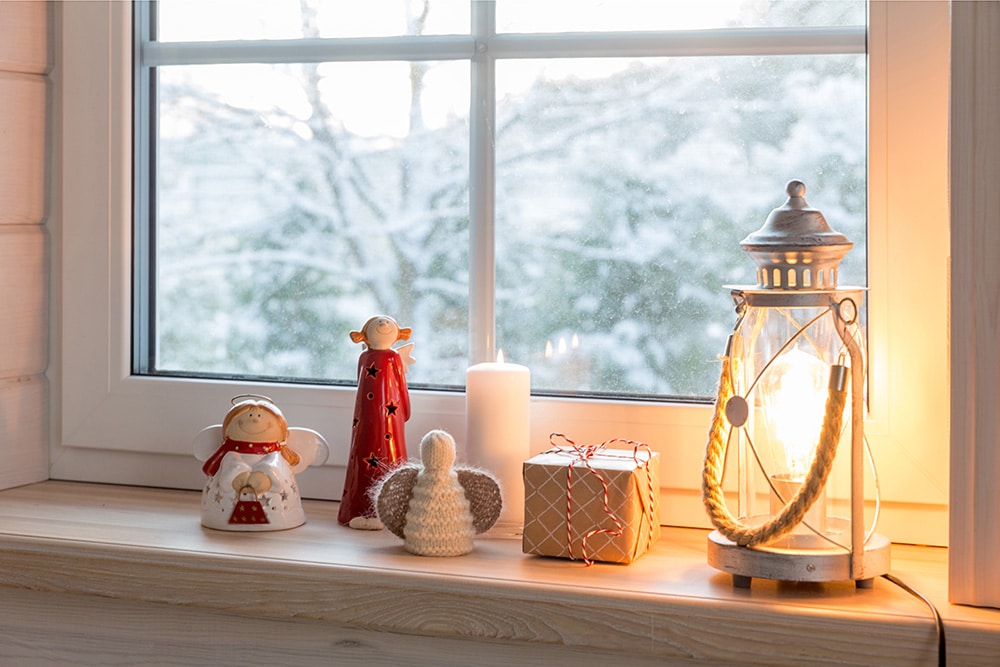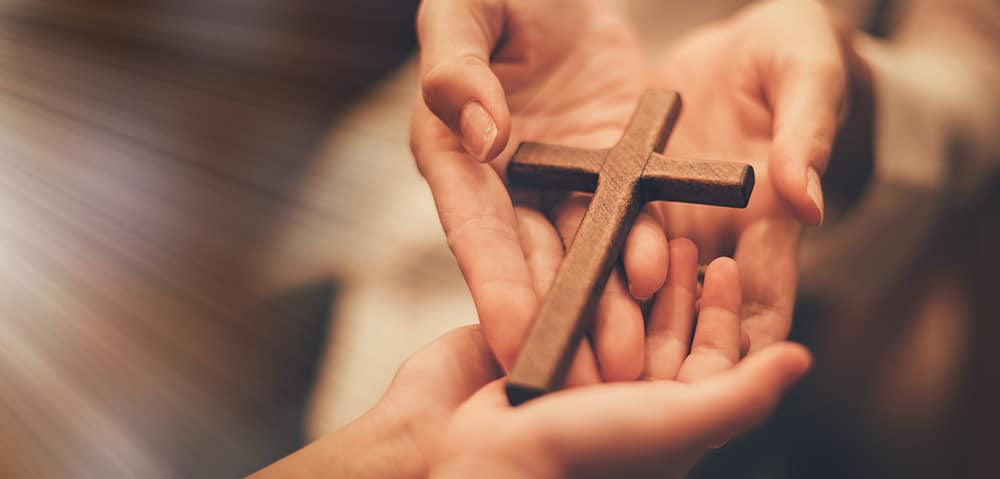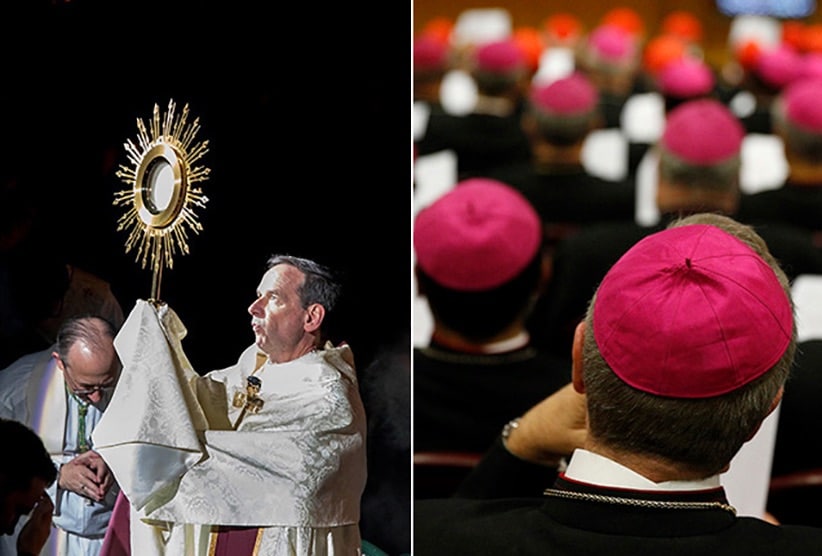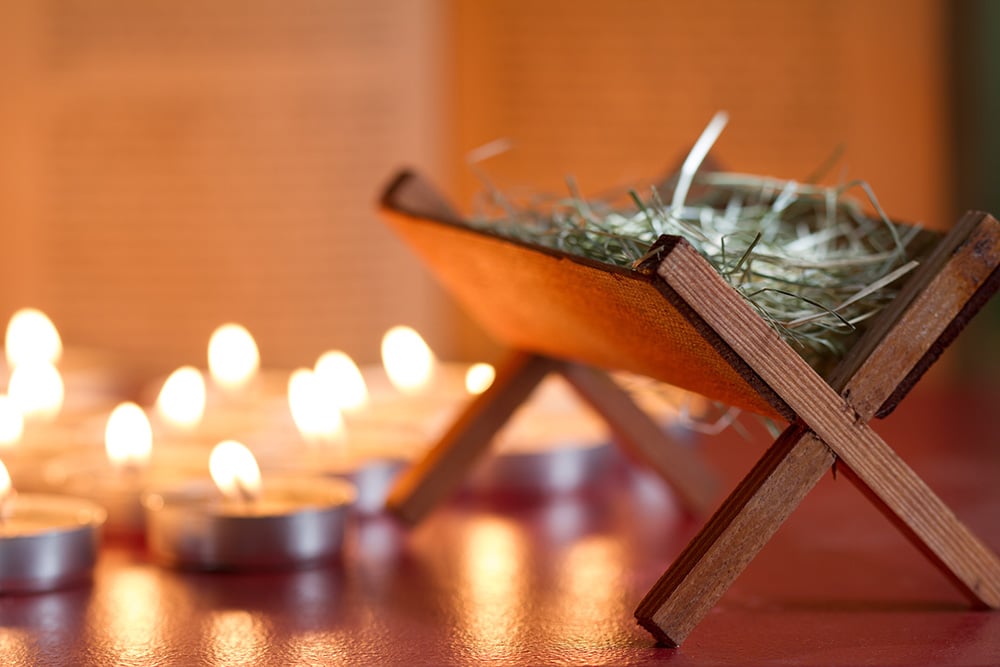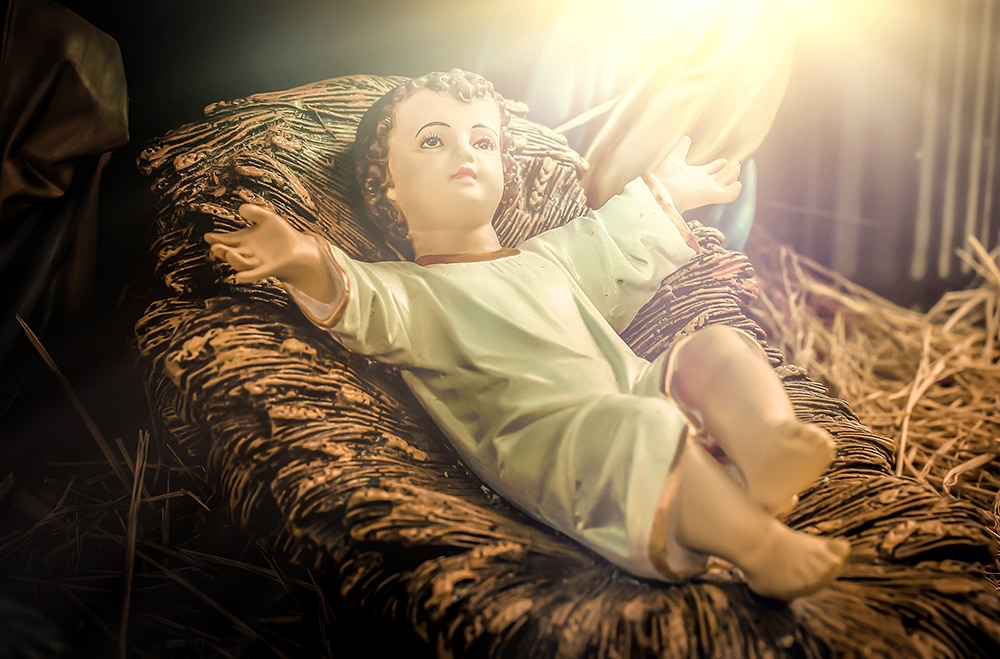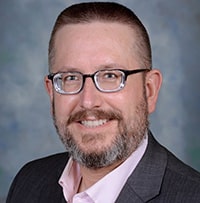 “There are no unsacred places; / there are only sacred places / and desecrated places.” — Wendell Berry
“There are no unsacred places; / there are only sacred places / and desecrated places.” — Wendell Berry
There’s something about the final months of the year, from late fall into winter, that unearths long-buried memories and the emotions associated with them. As the leaves fall and the days grow shorter, and we retreat into the light and warmth of our homes, families gather round for Thanksgiving and Advent and Christmas. We share memories of those who are no longer with us and of the places we cherished in days past. Grandmas and grandpas, aunts and uncles, mothers and fathers live on in our memories in the homes and landscapes where we most often encountered them, places that remain imbued with their presence long after they have departed.
Sometimes, of course, a place may change in ways that make a final, definitive break between the dead whom we encountered there and our experience today of that place. Returning to Bay City, Michigan, for my Aunt Liz’s funeral, we stayed in a hotel on State Street Road, not far from where her brother, my Uncle Paul, had lived. But in the years since I last sat in his living room on the afternoon of the day of my grandmother’s funeral, Uncle Paul and Aunt Molly had sold their property; the house had been torn down; the landscape had changed; and try as I might, I could no longer associate it with my memories of days and nights there, surrounded by family. I couldn’t even identify the property by sight.
Like many words that have their origin in the realm of the divine, “desecrate” has taken on a rather different meaning in an increasingly secular world. There are those who hold very little sacred and yet would say that the place on State Street Road was desecrated when my Uncle Paul’s house was built, in the sense that the natural landscape had been disrupted. But he and Aunt Molly and my cousins cared for their home and their land, and their living and eating and playing and praying there consecrated that soil and those walls. A place isn’t sacred just because it has been untouched by human hands. We can choose to use a place well, or to abuse it; to cooperate with our Creator in making this place or that one what it should be, or at least to let it lie fallow rather than to impose upon it a vision that goes against the nature of that place.
In our increasingly secular world, even we Christians confine the term “sacred places” to the obvious ones — the land where Jesus walked; the churches in whose tabernacles he patiently waits for us as we too often pass him by. But as Wendell Berry reminds us in his poem “How to Be a Poet,” in a world created by God, every place is sacred. When we cooperate with our Creator and use a place well — building up its soil, shaping wild nature, making it our home, imbuing it with memories — we can more clearly see its sacredness. We don’t even have to abuse it to desecrate it; we have only not to see it, not to care for it, not to recognize the good work that God has wrought. Ingratitude may not be the worst form that desecration takes, but it’s certainly the most common.
This Gaudete Sunday, the Church calls us to rejoice. We rejoice not just that God became man to free us from our sins and from the chains of death, but that he created for us a world of sacred places. As we gather together in the coming days to celebrate his birth, may we cooperate with his grace to build up memories in the places we hold dear, to sanctify them through our love for him — and for one another.
Scott P. Richert is publisher for OSV.

